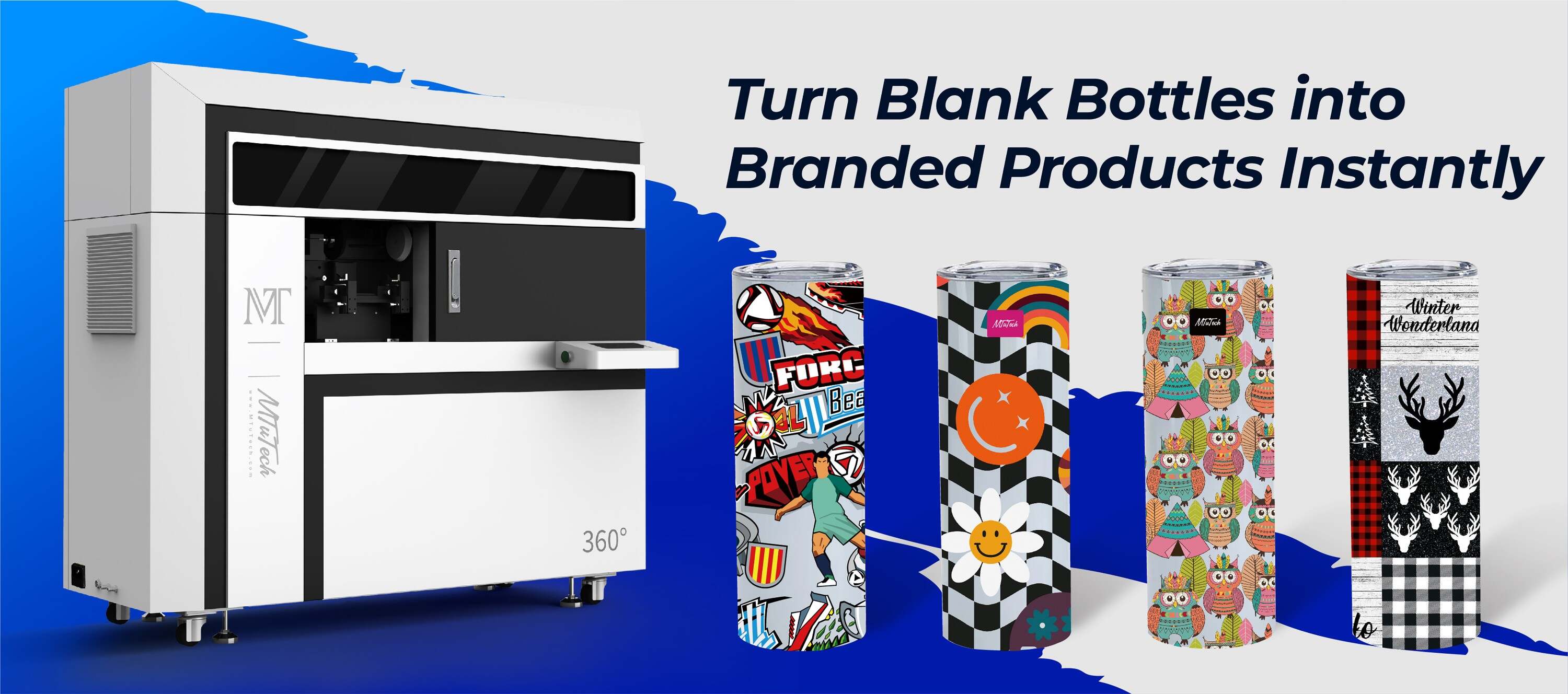Design Templates and File Formats for Cylinder UV Printing
Introduction
A successful print starts long before the printer even turns on. For cylinder UV printing, having the right design templates and file formats ensures that your artwork wraps around objects perfectly, prints without distortion, and delivers a polished, professional finish. In this blog, we’ll walk through everything you need to know to prepare print-ready artwork for cylindrical products.
Why Templates Are Critical
- They define safe zones, bleed areas, and wrap dimensions
- Ensure logos, text, and graphics align correctly when printed around the object
- Help avoid wasted materials and reprints from design misalignment
Creating a Cylinder Wrap Template
- Measure the object’s diameter and height to calculate the printable area
- Use the formula: Circumference = Diameter × π (3.14)
- Set up your design document with this width and the cylinder’s height
- Include bleed (1–2 mm) and keep critical elements at least 5 mm from edges
File Formats That Work Best
- Vector: Use AI, EPS, or PDF for logos and text — ensures crisp output at any size
- Raster: Use high-resolution PNG, TIFF, or PSD files at 300 DPI or higher
- Avoid low-resolution JPEGs or screenshots, which pixelate when scaled
Color Settings and Print Layers
- Work in CMYK mode to match printer color output
- Separate layers for base color, white underbase, and gloss/varnish if used
- Flatten all effects and convert text to outlines before exporting for print
How to Align Designs for Cylindrical Surfaces
- Use guidelines to center artwork horizontally
- Wrap patterns so they connect seamlessly around the circumference
- Use mockups or paper tests to verify alignment before full production
Designing for Variable Data
- Leave space for personalization (e.g., name, barcode, QR code)
- Use compatible RIP software that supports variable data printing (VDP)
- Format data in CSV for automatic import during batch printing
Conclusion
Well-prepared templates and correctly formatted files are the foundation of great printing. Whether you're doing a single custom order or a full-scale production run, these design practices ensure every print comes out clean, sharp, and ready to impress.
Want templates that translate into perfect prints? Start with our precision-ready cylinder UV printer — designed to bring your artwork to life with unmatched accuracy.

